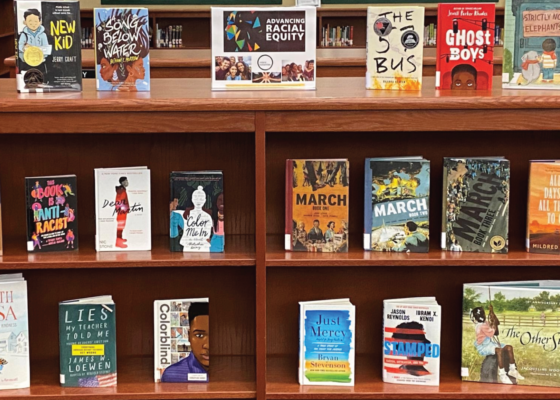Meaningful Acts of Food and Faith
November 3, 2010When November in Indy rolls around, I’m always curious how the Spirit and Place Festival will have us exploring what the humanities can mean. This year, I’m especially interested in…
When November in Indy rolls around, I’m always curious how the Spirit and Place Festival will have us exploring what the humanities can mean. This year, I’m especially interested in how some festival events are challenging us to rethink the role of religion in our community. We’re given plenty of opportunity to see religion as a major field of conflict. How fascinating, though, to find these great world traditions not shutting conversation down, but opening it up in meaningful, community-building ways.
On the evening of November 10th, an interfaith storytelling event of the Spirit and Place Festival called “Unexpected Guests at the Table” will present stories from sacred literature of the past as well as from Hoosier communities of the present about something on which Islamic, Jewish, and Christian traditions agree: feeding the hungry can be a meaningful, life-changing act. What the meanings are, however, depend on the story! Taking inspiration from sacred literature and performers from all three religious traditions, audience members will have the chance to engage stories of hunger and faith, respond with their own reflections on the ways stories change lives, and interact with contemporary people involved in the story of hunger in our community today.
Held at Christian Theological Seminary in collaboration with many other local organizations, the “Unexpected Guests at the Table” event will have interfaith storytelling from 6:30 – 7:45 pm, followed by a hunger relief networking reception from 7:45 – 8 pm. Admission is free with a suggested donation of canned food or a monetary contribution to Gleaners Food Bank. For more information, e-mail LifeEd@cts.edu or visit the event blog at http://faithlearninginitiative.wordpress.com/.
Presenters include Marti Steussy, Christian Theological Seminary; George Kelley, Congregation Beth-El Zedeck; and Khabir Shareef, Storyteller’s Drum, pictured below.
This post was written by Rev. Callie J. Smith, from the Office of Lifelong Theological Education at the Christian Theological Seminary.
This program has been made possible through a matching grant from the Indiana Humanities Council in cooperation with the National Endowment for the Humanities. It is part of Food for Thought, which engages Hoosiers in discussions about food and how it helps define Indiana’s culture. Any views, findings, conclusions or recommendations expressed in this event do not necessarily represent those of the National Endowment for the Humanities or the Indiana Humanities Council.


